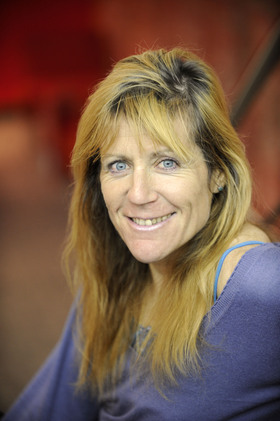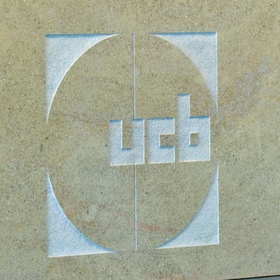Epilepsy In Our Time
Brussels (Belgium), 14 February 2011 – Today’s first European Epilepsy Day sees the launch of Epilepsy In Our Time, an exploration of the lives of five people living with epilepsy across Europe today, through their own video diaries.
Lloyd, Marion, Monica, David and Julie invite you to take a look at their personal experiences of living with epilepsy and their hopes for the future.
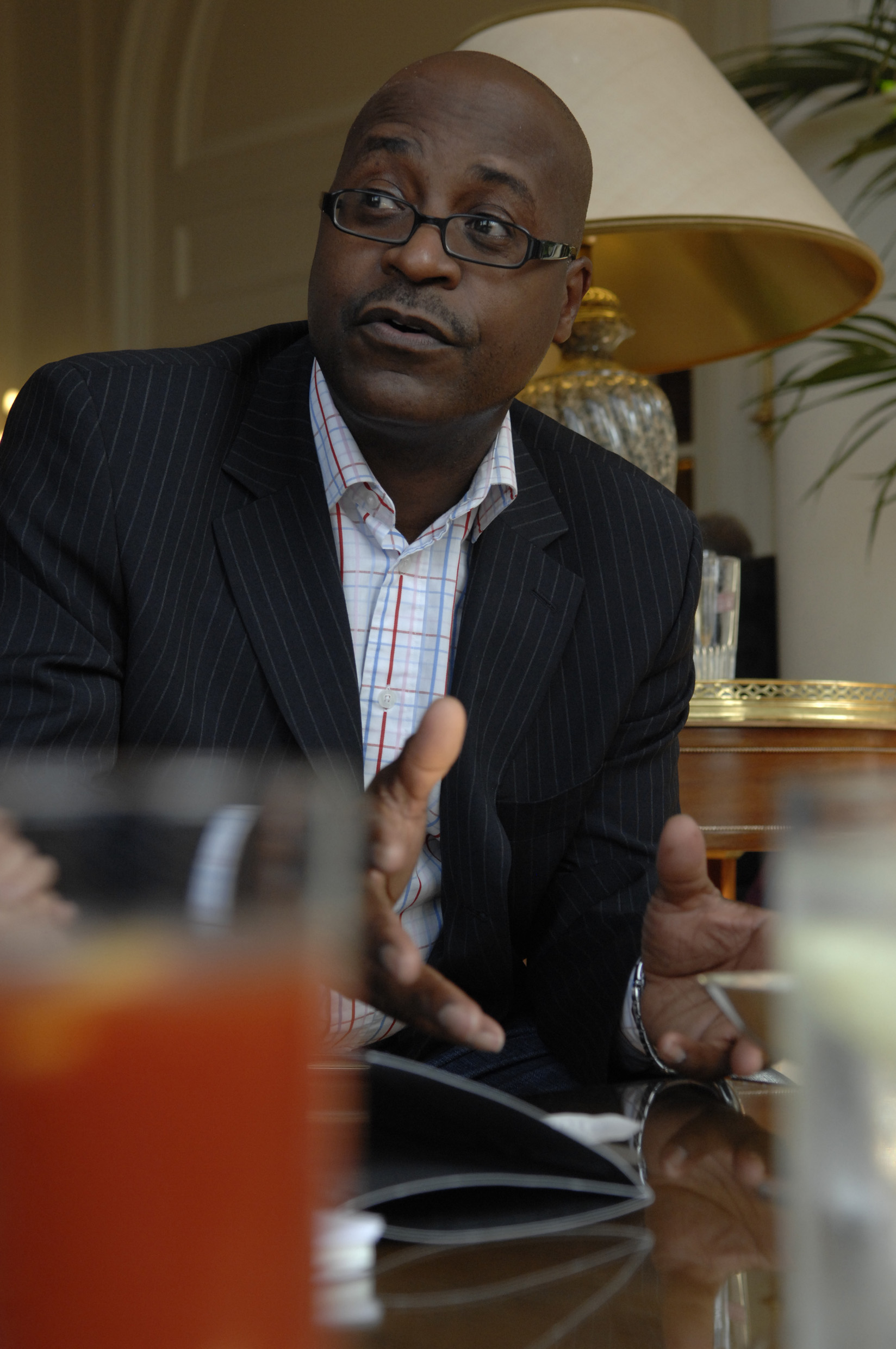
“Finding a treatment that was suitable for my particular situation wasn’t easy, especially during the first few months after my diagnosis. Today, I see both my general practitioner and my neurologist for check-ups to make sure that my medications are still doing the best possible job for me,”
Lloyd continued: “I’ve learned that epilepsy doesn’t have to be what others think – it’s what you make of it. Epilepsy is not something to be ashamed of - it’s like any other medical condition. Today, I think of my seizures as an unexpected guest at the front door. When someone shows up at your door without any warning, you have to see who’s there, but it doesn’t mean your entire life is interrupted.”
| Monica, who lives in The Netherlands, did not have an accurate diagnosis or control of her epilepsy until the age of 45. “During my childhood, the clumsiness, the absent mindedness, the slight jerks in my arms - all signs of juvenile myoclonic epilepsy (JME) - went undiagnosed. That’s until I reached the age of 45. I was surprised to learn I’d been prescribed medications that weren’t suitable for JME and that my epilepsy had been misdiagnosed and therefore sub-optimally treated,” Monica continued: “I’d like to see everyone with epilepsy strive for the least amount of seizures and the least amount of side effects possible.” | 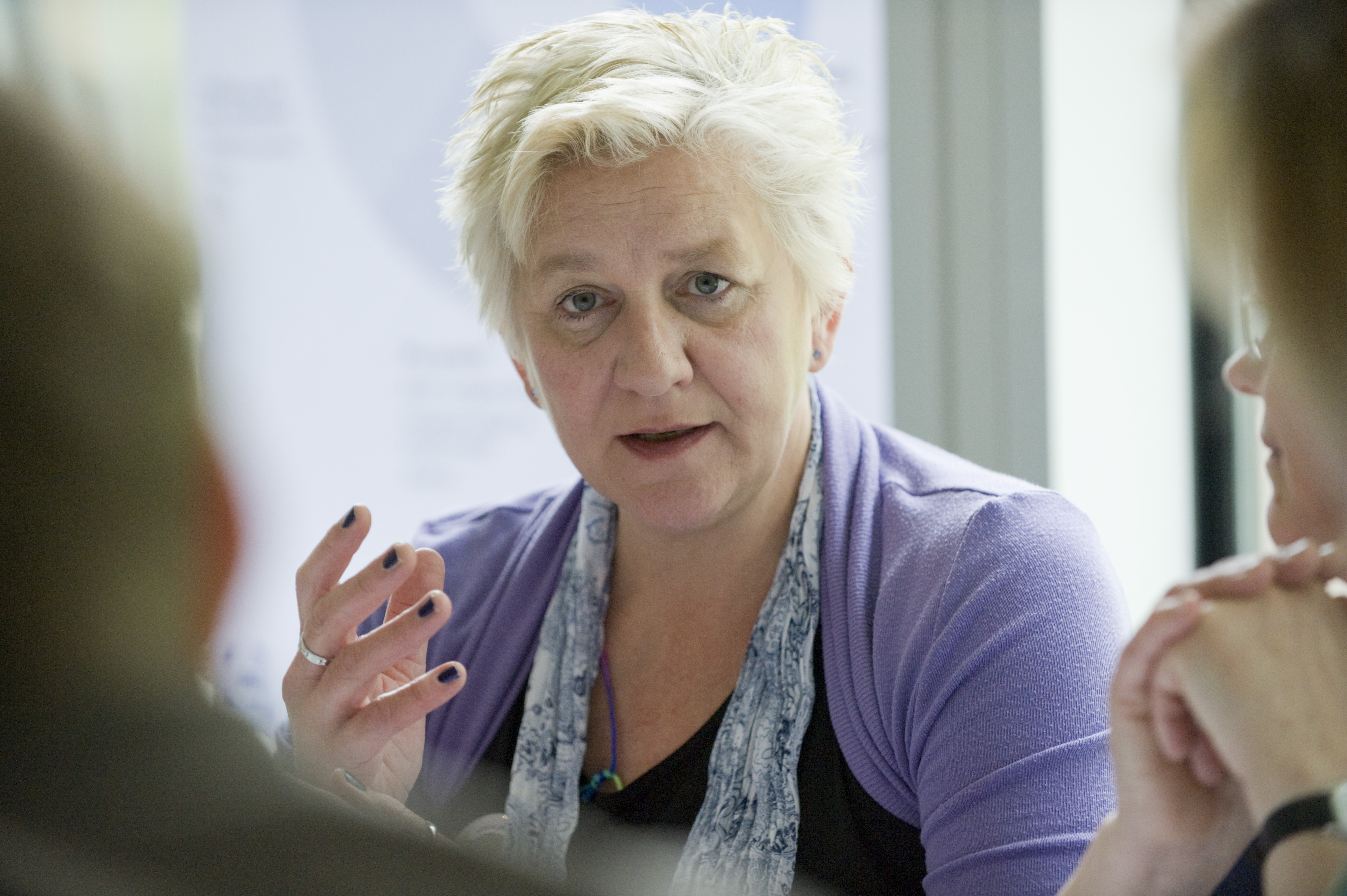
|

| Julie and David from the UK are parents to Dominic, an 11-year-old boy with severe epilepsy and learning difficulties. Julie said: “Dom’s learning disability means he can’t tell us how he feels when he has seizures. We can only imagine. These days, in a typical month, Dom has about 100 seizures. Dominic brings great joy to us, and on the good days I’m heartened by what might be possible in the future. His infectious smile and constant bravery seem to reaffirm my undying hope that one day we’ll be able to control this unrelenting condition.” |
| Marion, who lives in France, overcame her epilepsy in an extraordinary story to win an Olympic silver medal in cycling for France at the Sydney Olympics in 2000. “Epilepsy made me push myself. Eventually, with loads of hard training, I ended up making my way to the winner’s circle. Where there’s a will there’s a way. Today, as I look back on the titles and medals I’ve won, obviously I’m very pleased with my accomplishments, because I also won despite having epilepsy.” | 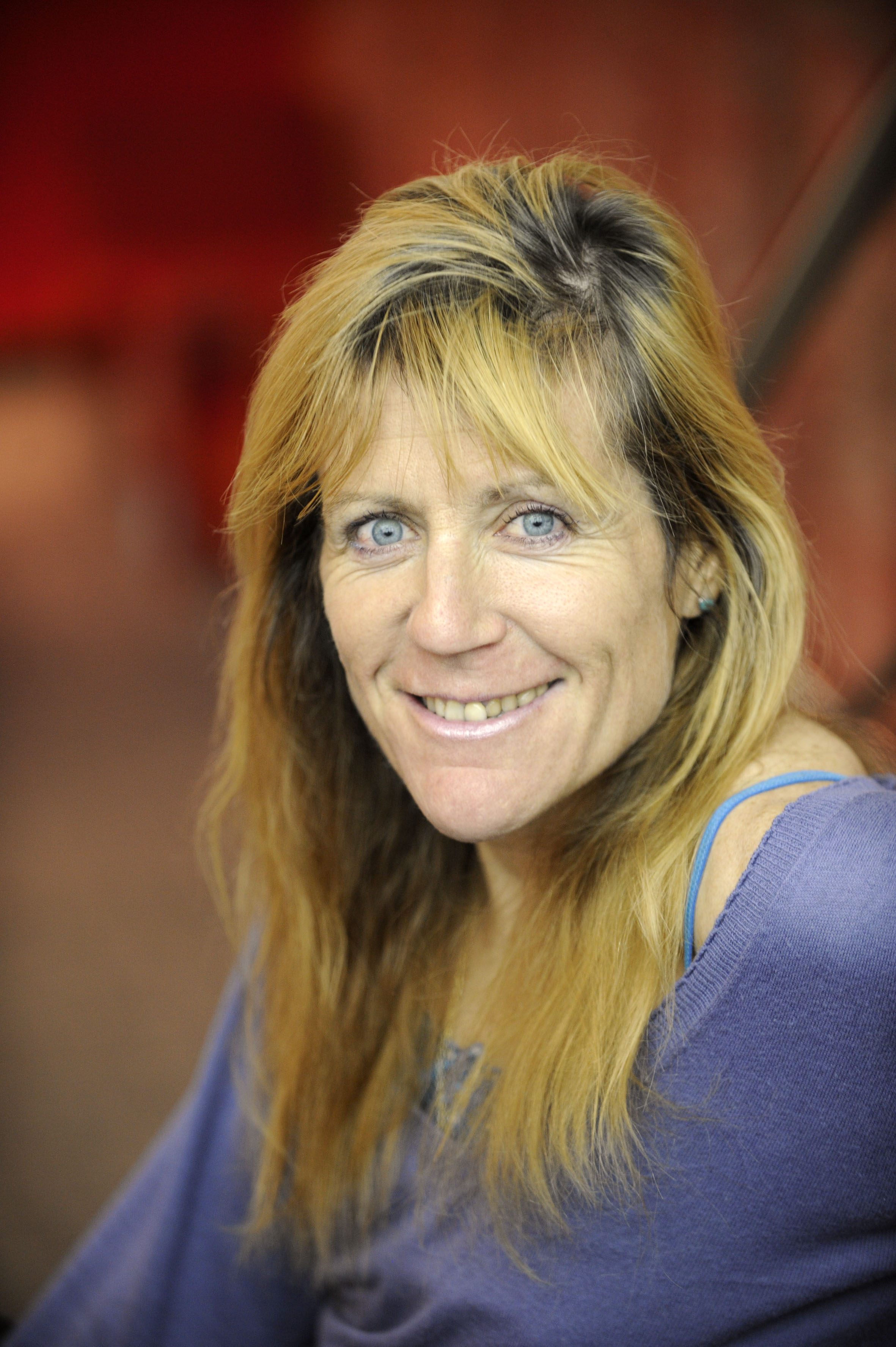
|
In the film, these five individuals discuss how they live with epilepsy day-to-day, and the ways in which they have sought to overcome challenges they have faced; their hopes and ambitions for the future; how they feel other people’s reactions to the condition have changed over time; as well as their personal pleas to the public about what they would like them to understand and know about epilepsy.
Epilepsy In Our Time is launched on the first European Epilepsy Day (14th February 2011) with the aim of improving understanding and ultimately, acceptance of epilepsy. It is hoped that these video diaries will challenge and dispel many commonly-held misconceptions about epilepsy, and help people to better understand the reality of living day-to-day with this condition.
Epilepsy In Our Time will continue to follow the lives of Lloyd, Marion, Monica, David and Julie, making it possible for others to see how their experiences of living with epilepsy change over time, whether any of their hopes or ambitions are realised, and how they are treated by society as people living with epilepsy.
About Epilepsy
Epilepsy is a chronic neurological disorder that affects people of any age, race, geographical or socio-economic background, and can occur in a variety of seizure forms. Seizures are thought to be caused by abnormal and excessive electrical charges in the brain, which can affect someone’s movement, senses and consciousness.1
Although some forms of epilepsy are difficult to control, the goal of treating epilepsy is to achieve freedom from seizures, with minimal side effects, which is possible in around 60-70% of cases.2 Despite the availability of more than twenty anti-epileptic treatments, it is estimated that approximately one in three people with epilepsy are living with uncontrolled seizures.1
About European Epilepsy Day
European Epilepsy Day is an initiative of the International Bureau for Epilepsy (IBE), an umbrella organisation of lay epilepsy associations, and the International League Against Epilepsy (ILAE), an international organisation representing healthcare professionals active in the field of epilepsy. ‘The Many Faces of Epilepsy’ is the theme for the first European Epilepsy Day, which takes place on 14th February 2011.
References
1. Epilepsy in the WHO European Region: Fostering Epilepsy Care in Europe http://www.ibe-epilepsy.org/downloads/EURO%20Report%20160510.pdf
2. WHO. Epilepsy: aetiology, epidemiology and prognosis. Available at: www.who.int/mediacentre/factsheets/fs999/en/ [Accessed 3rd February 2011]
For further information
Nancy Nackaerts, External Communications, UCB
T +32.473.864.414, nancy.nackaerts@ucb.com
Eimear O Brien, Associate Director, Global CNS Communications
T +32 2 559 9271, eimear.obrien@ucb.com
About UCB
UCB, Brussels, Belgium (www.ucb.com) is a global biopharmaceutical company focused on the discovery and development of innovative medicines and solutions to transform the lives of people living with severe diseases of the immune system or of the central nervous system. With more than 8,000 people in about 40 countries, the company generated revenue of EUR 3.1 billion in 2009. UCB is listed on Euronext Brussels (symbol: UCB).
Forward-looking statements
This press release contains forward-looking statements based on current plans, estimates and beliefs of management. Such statements are subject to risks and uncertainties that may cause actual results to be materially different from those that may be implied by such forward-looking statements contained in this press release. Important factors that could result in such differences include: changes in general economic, business and competitive conditions, effects of future judicial decisions, changes in regulation, exchange rate fluctuations and hiring and retention of its employees.
Asset Download
Stay up-to-date on the latest news and information from UCB


